January 08, 2025
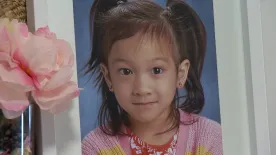
“She was the sweetest little girl. She loved being with her siblings. The most loving person, always giving hugs – spreading light and love and joy wherever she went.”

That’s how Neil Rarailo and Emilly Velaseo of Cochrane, Alta. remember their four-year-old daughter Everest.
“Her favourite colour was pink. She loved unicorns, flowers, rainbows, hearts and stars. She was a typical little girl,” said Rarailo.
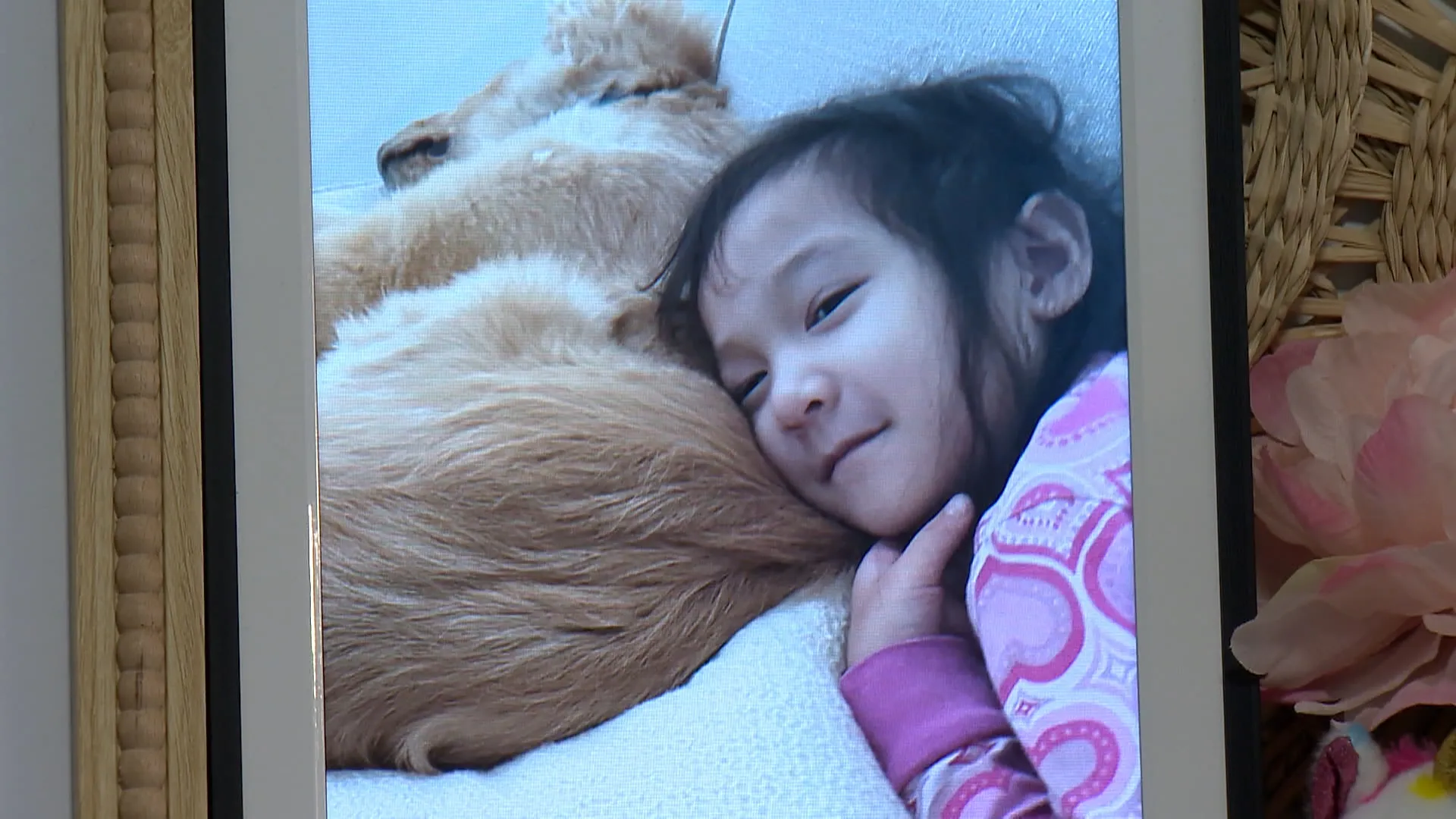 View image in full screen
View image in full screen
Picking Everest up from school was his favourite part of the day.
“She would come running straight for me — a beeline right to me — Da Da – she’d give me a big hug and tell me how much she missed me.”
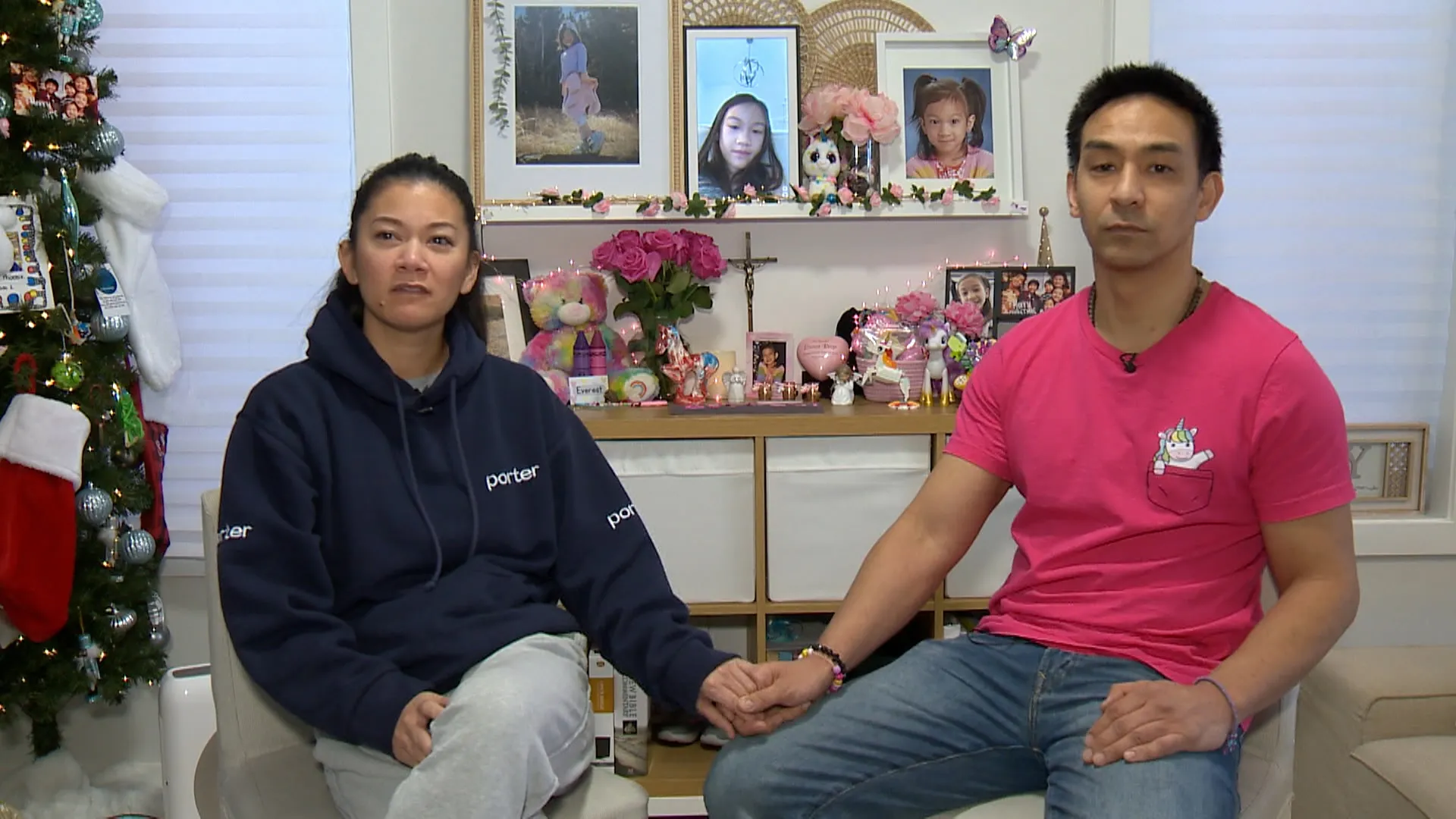 View image in full screen
View image in full screen
But their beautiful little girl had her life cut short in late October, 2024 and her family hopes it will prompt changes to the availability of urgent medical care in the town, located about 20 kilometres northwest of Calgary.
After spending time with friends and family at a Halloween event, the next morning Everest started feeling sick with what her father thought were cold symptoms.
With a history of respiratory issues, her father, who is an pediatric nurse, started treatment at home.
“I was giving her regular doses of her Ventolin puffers throughout the day and she was responding positively to it,” said Rarailo.
“I listened to her lungs with my stethoscope. She seemed okay — pretty clear. So I thought, you know, I’ll give you a warm bath and hopefully open up some of your congestion, your airways. And so we did that.”
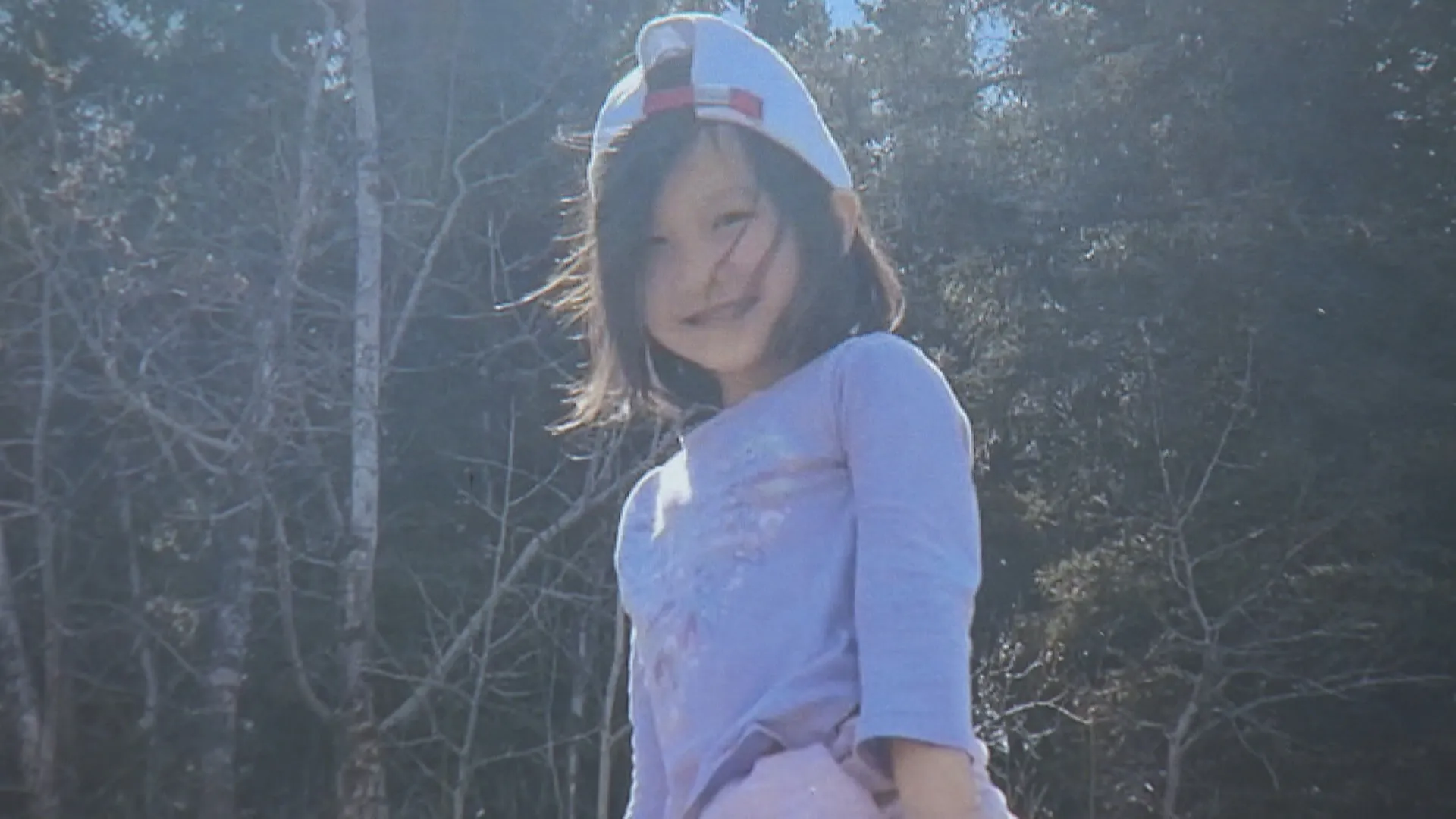 View image in full screen
View image in full screen
But eventually Everest’s condition worsened.
“I asked you, can you breathe? And she’s shaking her head no,” said Rarailo. “So I gave her another dose of her puffers and I thought, okay, I’m going to go straight to urgent care.”
On the way to the Cochrane urgent care centre, Everest told her father she had thrown up. But when they arrived, the centre was closed — only open from 8 a.m. to 10 p.m.
Rarailo raced home.
“When I reached home, I open the back door and I noticed she wasn’t breathing anymore, so I called 911,” said Rarailo.
He started CPR. When the first responders arrived they attached a defibrillator and a mask to give her air.
Rarailo estimates it was about an hour between the time he noticed the urgent care centre was closed and when the ambulance arrived at the hospital in Calgary.
But it was too late.
“I knew that at this point it’s it’s probably going to be a long shot if they’re able to save her. But I was just I said not to stop and just do what you can. I knew that it wasn’t looking good already.“
Rarailo questions whether access to 24 hour urgent care in Cochrane could have saved his daughter’s life.
“Whether or not it would have been the difference that kept her alive I cannot say for sure. But I do believe it would have greatly improved her chances.”
“These emergencies don’t wait for a specific time,” said Rarailo. “They’re not going to occur between the hours of 8am and 10pm – we can’t predict.”
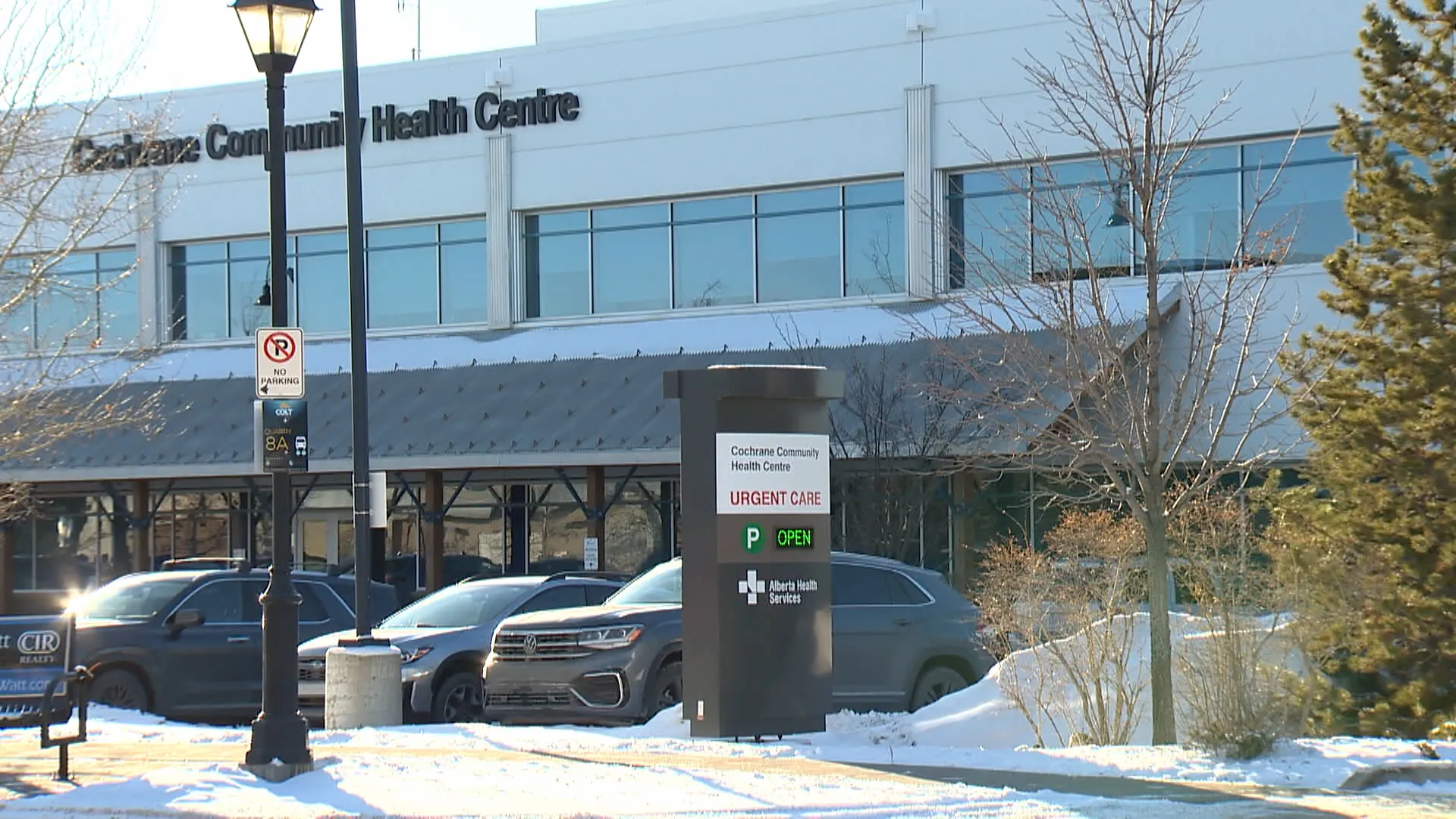 View image in full screen
View image in full screen
In a statement to Global News, Alberta Health Services (AHS) says it “continually reviews care delivery and monitors resources across the Calgary Zone and the province to ensure the best possible care for patients. The statement advises that “in an emergency, individuals should call 911 immediately.”
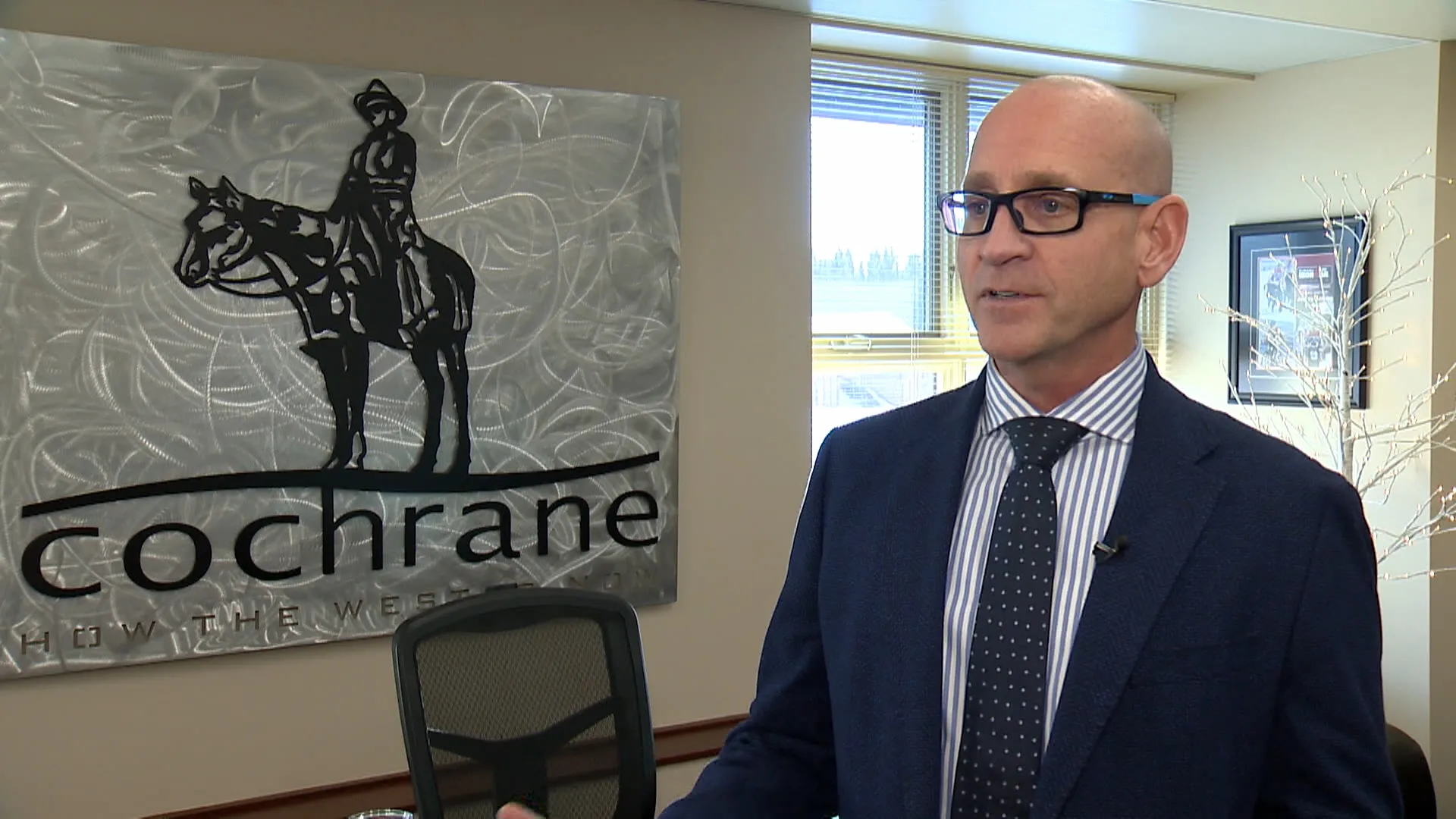 View image in full screen
View image in full screen
The Mayor of Cochrane, Jeff Genung, says greater access to urgent care is one of council’s priorities.
“With the significant growth pressures that Cochrane has seen over the last decade, we’ve doubled in size. That’s putting pressure on so many services across our community. Health care being one. I’ve had many conversations with the minister of health, former minister of health and AHS, and one of our council priorities is health care.”
But Genung says the town is in a difficult spot because the province is responsible for funding health care and extended hours for urgent care would also require more funding for staffing.
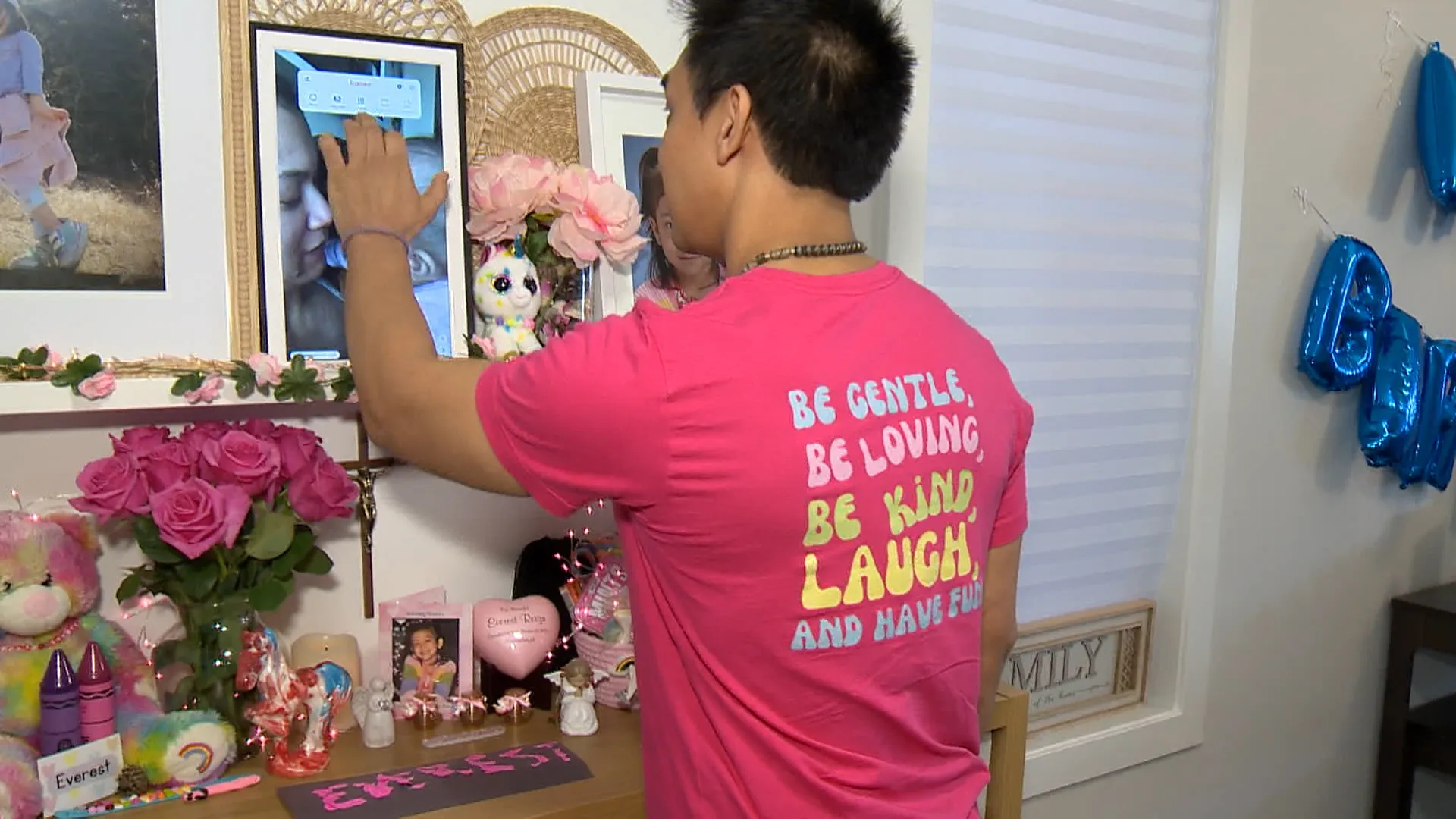 View image in full screen
View image in full screen
Everest’s parents hope sharing their story will put more pressure on all levels of government to expand the availability of urgent care, in Cochrane and other communities, so other families will not experience a loss such as theirs.
“What we are really asking for is at the end of it is the possibility to have more time with our loved ones — that’s what’s really at the heart of the issue,” said Rarilo.
“If we could have one more day, one more minute with her — we would give anything.”